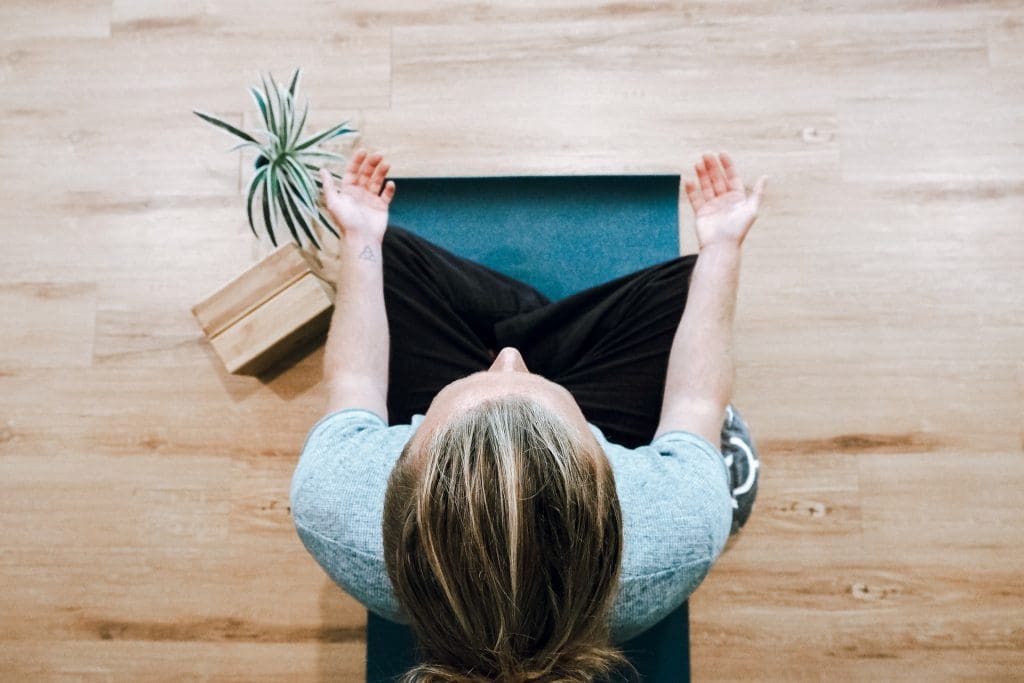More than anything else, your lifestyle determines how much healthier you’ll be as you grow older. Health experts have repeated how important it is to form good habits rather than go on an exercise or diet crash course every three months. As the pandemic drags along, most of us have appreciated the value of a routine in lowering our stress levels and keeping us active. With just a few tweaks, lifestyle changes can improve a woman’s health.
As we draw closer to the end of the year, here are a few lifestyle changes that will serve you well for the rest of your life.
Table of Contents
Consider Taking Probiotic Supplements

We all know what antibiotics are and have had them prescribed to us more than once. Antibiotics work by killing bacteria that may be making us sick. This usually means that they end up destroying both bad and good bacteria. Probiotics, on the other hand, are live organisms that promote a healthy balance of gut bacteria.
Some of the benefits of taking women’s probiotics are:
- They improve your gut health, making sure it functions properly
- They prevent urinary tract infections
- They boost your body’s immunity
- They restore good bacteria
- They treat vaginal infections
- They clear up your skin
- They improve fertility
- They promote better digestions
You only look as good as you feel. A well-functioning body will help you stay healthier and happier.
Get Enough Sleep
Researchers at the University of California discovered a gene that helps people function well on six hours of sleep. However, this gene occurs in less than 3% of the population. For the other 97%, 6 hours of sleep is not optimum for functionality. The average adult needs at least 7 hours of sleep to function correctly.
If you don’t get enough sleep, you may find yourself feeling lethargic, moody, have reduced creativity, and unable to cope with stress or manage difficult emotions. These ultimately carries over into other parts of our life, making our days more difficult. One of the best ways to ensure you’re getting enough sleep is to create a regular sleep schedule and stick to it.
Exercise Regularly
Exercise is the miracle cure that we all wish existed, so it’s a shame that more people don’t do it. Research has discovered that it can reduce the risk of major illnesses such as heart disease and stroke by up to 50%. Exercise has also been linked to higher self-esteem, better mood, and increased energy.
Just 30 minutes of physical activity every day is all you need to get these benefits. The trick to keeping up a consistent exercise routine is to pick something you like. This is especially true if you’re not super active. In that case, just a 30-minute walk will count towards your daily movement. Ultimately pick a workout you love and stick to it.
Practice Mindfulness and Meditation
Meditation and mindfulness are traditionally eastern practices but have gained more recognition in the West over the past decade. As these practices gained popularity, more scientists conducted studies to establish the benefits of meditation and mindfulness. They discovered benefits ranging from reduced anxiety, depression, and post-traumatic stress disorder.

Since then, brain activity changes have been established in people who meditate compared to those who don’t. Mindfulness meditation is essentially the practice of holding awareness in the present moment. The most commonly known is sitting meditation, where you sit cross-legged for 30 minutes to an hour.
However, as mindfulness practice becomes more mainstream, variations on this have been created. ‘Pockets of mindfulness’ is one of these. In this case, you carve out 5-minute windows in your day to be present at the moment.
Create a Good Diet
A healthy diet has been linked to a reduced risk of long-term diseases such as stroke, diabetes, and heart disease. It is also beneficial for maintaining a healthy weight and reduces the risk of developing some cancers. When creating a diet that works for you, pick one that provides all the needed nutrients, is manageable, and that you enjoy.
A healthy diet should include starch, such as rice, bread, or potatoes. It should also have protein like meat or preferably plant-based proteins such as legumes. Finally, it needs fruits and vegetables if you can opt for home-cooked meals rather than takeout. If you don’t have time to cook, consider setting aside a day to do meal prep. For easy lifestyle changes to your health, pick foods you enjoy, and don’t make the diet too restrictive, or you won’t stick to it.
Cut Down Screen Time

For most people, screens are unavoidable. Many jobs rely primarily on working in front of a computer: drafting papers, looking through contracts, dealing with reports, and working on client files. This means that most of us spend a little more than 8 hours each day firmly glued to one screen or another. Excessive screen time has been linked to an increased risk of obesity, diabetes, and sleep problems.
Because it may be impossible to avoid screens for your work, it makes it doubly important to reduce the time you spend on your phone when you’re not working. One of the best ways to do this is to track screen time using dedicated smartphone apps. Additionally, work to create phone-free spaces in your home so you can take time off the screen. Also, consider turning off notifications, so you aren’t constantly distracted by the buzzing of your phone.
Reduce Your Alcohol Intake
For some people, ‘Two for the road’ is a common enough practice. After work, drinks are a way to socialize with colleagues or just let off some steam before heading home. Moderate alcohol consumption is considered safe for some people, with guidelines recommending two drinks a day for men and one for women.
However, there are multiple related health risks to alcohol that aren’t apparent until later in life. Alcohol is high in calories and dehydrates the body. For this reason, it’s crucial to slow down your alcohol intake. You can do this by:
- Eating before drinking
- Matching every alcoholic drink with a non-alcoholic one
- Drinking slowly
- Setting a drinking limit for yourself
It’s recommended to substitute alcohol with other drinks to prevent it from becoming a daily habit. Focus on taking healthier drinks that benefit your body.
Healthier Living, Happier Living
We all want to age gracefully. For this to happen, you have to build habits that will carry you along to your 60s and even 70s in great health. With just a few conscious lifestyle changes, you should be happier, healthier, and live longer.
Featured Photo by Priscilla Du Preez on Unsplash




